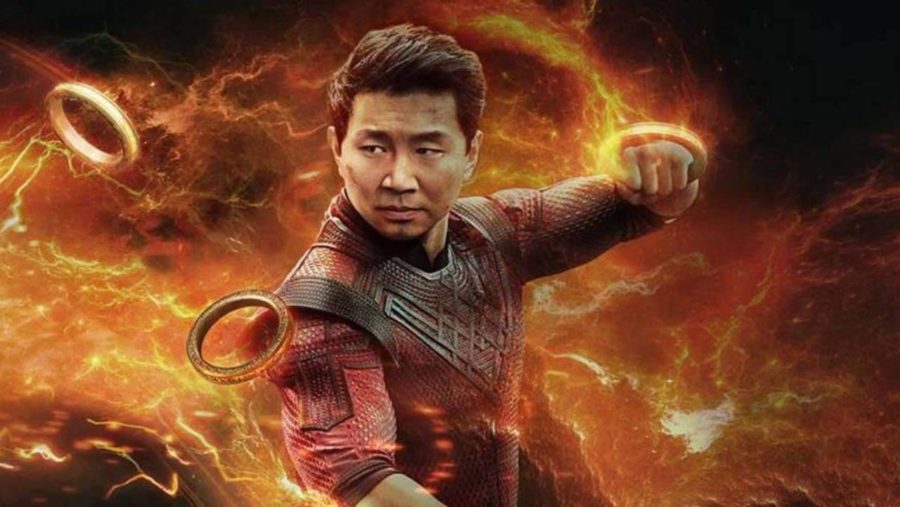Shang Chi: How Significant is Asian-American Representation in Theatres?
Fourteen years since the cinematic beginning of the MCU, Shang Chi and the Legend of the Ten Rings becomes the first-ever Marvel film to feature a superhero of Asian-American descent. Released September 3rd, the film displayed stunning martial arts-inspired action led by an Asian director with a predominantly Asian cast. The soundtrack was developed by Asian artists, and the dialogue was predominantly delivered in Mandarin. The film was truly a breakthrough for Asian American representation in the western movie scene – but just how influential is its impact?
Shang Chi explores the journey of Shaun, a valet driver in the bay area. The story escalates, revealing a powerful and complicated family history of Shang Chi, the son of the Ten Rings. Led by Destin Daniel Cretton, the action scenes of the film beautifully encapsulated the art of martial arts, a fighting art most commonly associated with East Asia. This film focuses on never being able to separate from your true self, and embracing your legacy. The movie was entertaining and witty, with Asian-American culture seeping throughout the film and many seem to agree.
The film cracked the Labor Day box office records by nearly double the revenue, earning a $74.1 million debut. Although Labor Day weekend is known for being slow in the film industry and COVID-19 forcing many to stay home, the movie managed to have an impressive debut.
If revenue determines success, Shang Chi has definitely created an impact. But that is not the case.
During Disney’s earnings call in August, Disney CEO Bob Chapek called Shang Chi’s marketing and release approach “an interesting experiment.” His choice of words soon proved controversial. Following Chapeck’s statement, the lead actor Simu Liu tweeted out, “We are not an experiment.” He continued to describe how Asian-Americans have been underestimated; they were the underdog, and the film will celebrate the culture and joy of Asian-Americans after years of hardship.
Liu is most likely alluding to the sudden surge in Asian hate crimes over the past year, which has been greatly influenced by the emergence of COVID-19. According to a study from the Center for the Study of Hate and Extremism at Cal State San Bernardino, Asian-American hate crimes have risen nearly 164% since the outbreak of COVID-19. Countless elderly were beaten on the streets for no specific reason, and it is clear that Asians, specifically East Asians, were targeted for “starting” the pandemic.
The impact of a single movie is not enough to combat racism and xenophobia.
However, it is definitely a start. Asians are often characterized as weak, and Shang Chi provides a strong Asian superhero that many can look up to. It is a chance for Asian-American culture to be seen on the big screen, released by the highest-grossing film franchise in the world. It is a chance for the general public to indulge in a movie not primarily in English, breaking stereotypes that movies need to be in English to be successful. Shang Chi is definitely not an experiment, but it is most certainly a chance for change.
Your donation will support the student journalists of Dublin High School. Your contribution will allow us to purchase equipment and cover our annual website hosting costs.

Claire Song originally joined the Dublin Shield as a Freshman and is now a Senior going into her fourth year. Claire has a strong passion for writing and...



































